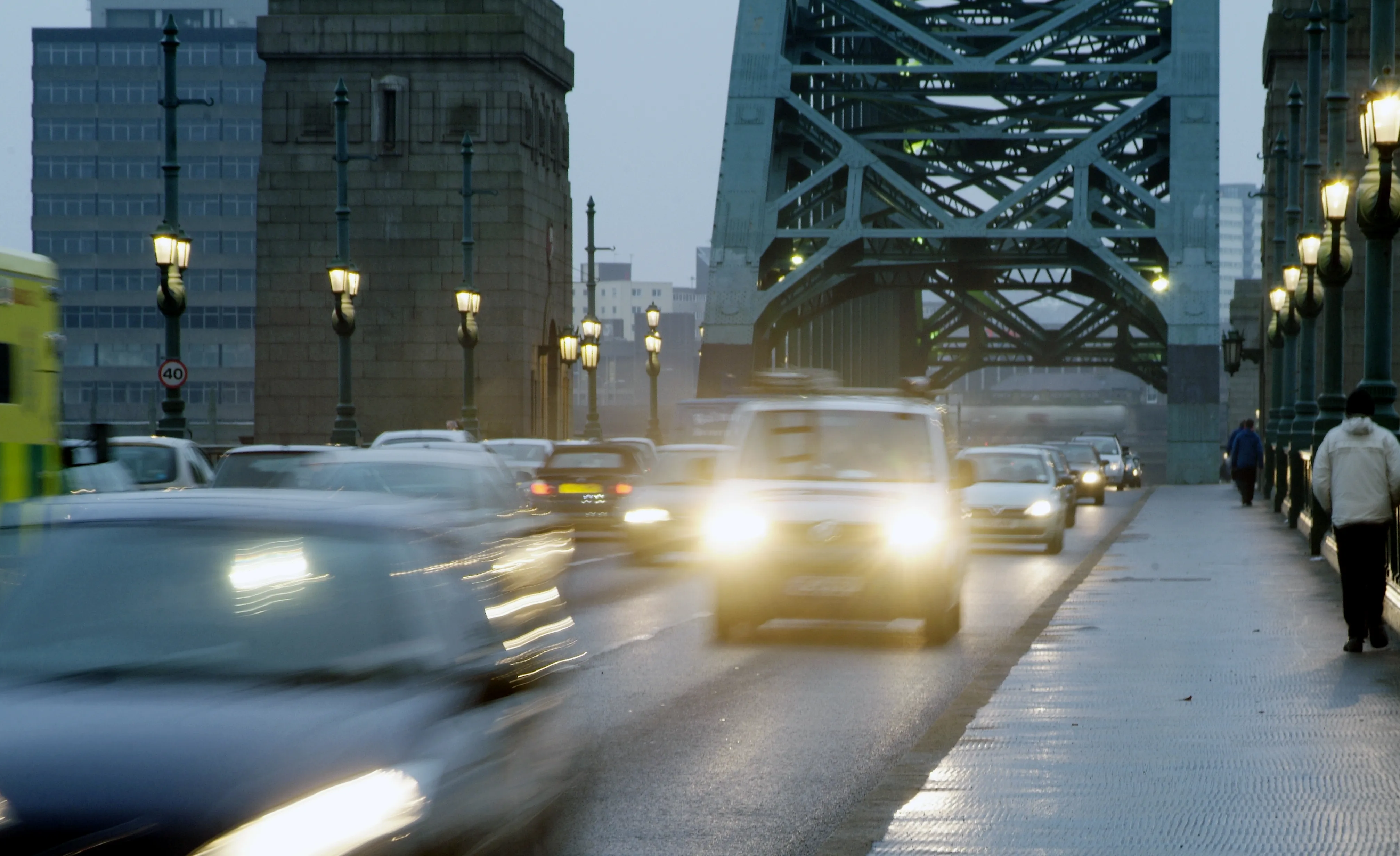
Wales lies to the west of England and is part of the UK.
The review is expected to provide information on the wider economic implications of road user charging in the context of issues arising from the border with England while also offering lessons learned from the implementation of similar schemes in the rest of the UK or internationally.
Part of the review will assess the options and costs of different technologies while also making the case for a national framework for road user charging policies to prevent drivers from having to pay more than one charge.
Ken Skates, minister for economy, transport and North Wales, said in a statement: “It is intended that the review will report this autumn and it will help inform our national and regional policy on this issue in the context of the ongoing work of the South East Wales Transport Commission and the consideration of congestion charging by Cardiff Council.”
“This could include a range of possible objectives such as alleviating congestion, improving air quality or reducing carbon emissions, increasing rates of active travel, encouraging modal shift and travel behaviours – such as travel to school,” he adds.










